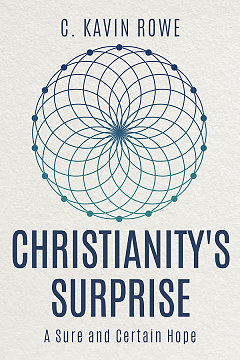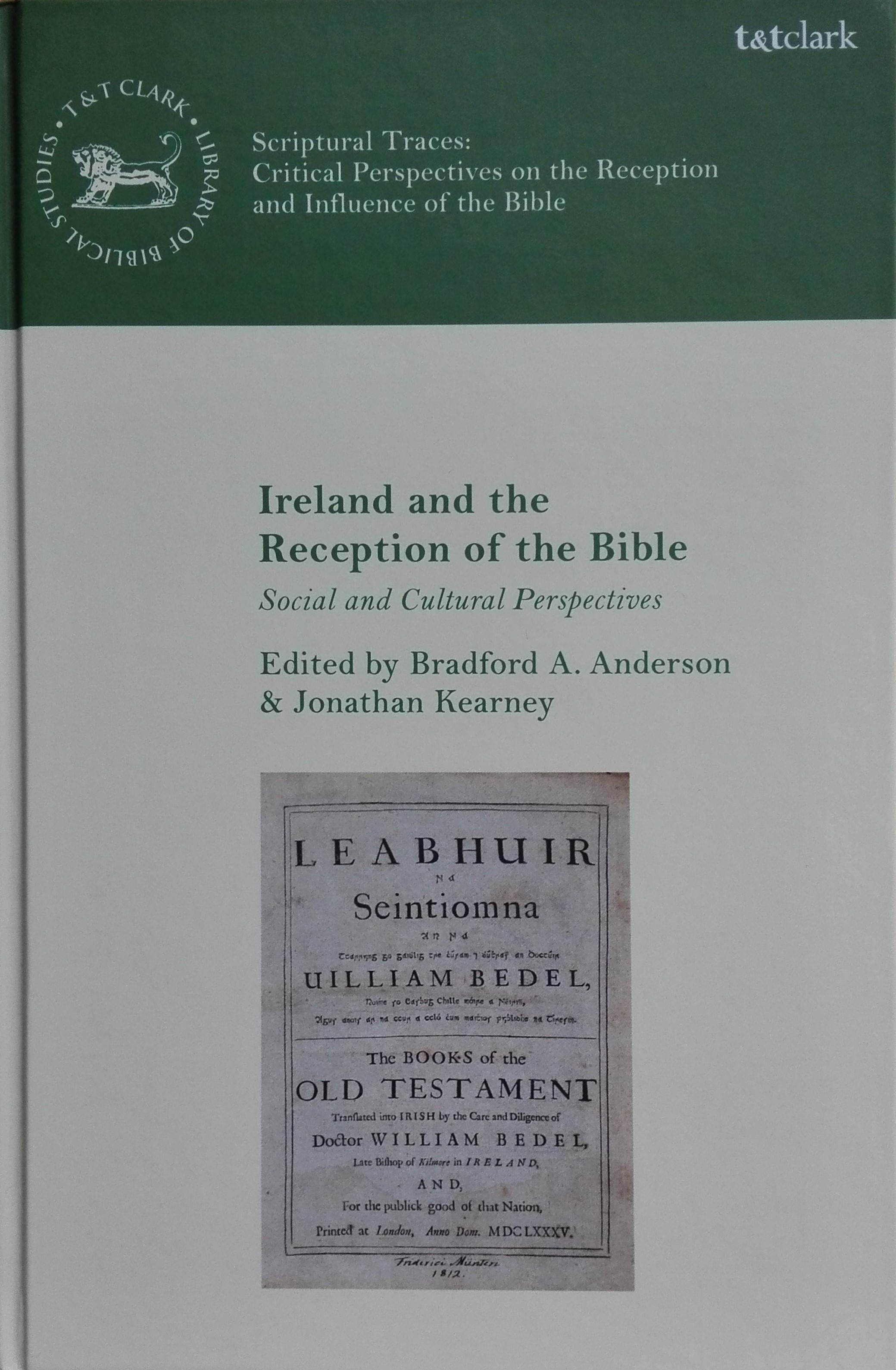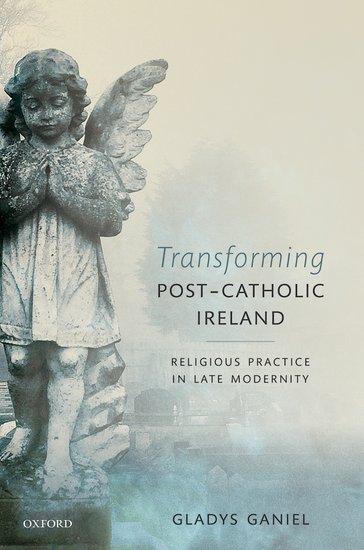Back in 1979 Jesuit Priest Fr Peter McVerry opened a hostel for homeless children in Dublin city centre. The Peter McVerry Trust now has 25 hostels where over a thousand homeless people stay each night. It also has 400 apartments where homeless people and families can have a home for life. It also runs four drug treatment centres, a drop-in-centre and a youth café.
Now that paragraph alone should be raising all sorts of questions in one of the richest countries in the EU. Why homeless children? Why a growing homelsss problem and now 25 hostels? Why 400 apartments? What is the story with the grip of drugs in the city?
A neat, comfortable, middle-class answer, shaped by market economics and a strong sense of personal responsibility, might be to say something like the following:
“Poverty, homelessness and drug-taking are the results of choices. In a country like Ireland there are state supports and free education, so it’s bad self-destructive choices that lead to the streets.”
Such self-righteous detachment (for that is what it is) has zero appreciation for the systemic inequalities in which we live. McVerry writes honestly of the huge social and economic advantages he grew up with:
As I look at my own life, I see that I have been given so much by God. I have been given a good family, good education, good opportunities in life; but there are so many people who have not had those opportunities or gifts. p. 179
As he tells some stories of the children and homeless people he has worked with, that last sentence sounds like an immense understatement. 11 year old boys forced into prostitution; 9 year olds sleeping rough; a 12 year old boy seeing his sister stabbed to death by a parent; another 12 year old having to help his mother inject heroin each day and becoming an addict himself; others victims of sexual, physical and emotional abuse; generational unemployment; a pervasive culture of hard drugs and associated crime and so on.
McVerry reflects that decades of work with some of the poorest and socially disadvantaged communities in Ireland has changed him in a number of ways.
1) He’s stopped judging people
What I am doing if I judge one of these young people? If I say: “There’s a little scumbag,” or ‘There’s a little junkie robber,” what I am doing? I’m actually judging myself, because I know that if I had been born into their circumstances, I would be exactly the same. pp 178-79.
2) Gratitude
The result of his work has been a deepened gratitude and appreciation for all that God has given him.
“My relationship with God totally changed – from being one of worrying whether I was on God’s side or not, to simply praying ‘Thanks for all I have received’. There is nothing else to say except ‘Thanks’.” p. 179
3) He sees God not as a judge, but as a God of forgiveness and compassion
So the God I came to believe in was no longer the judging God. God does not judge us – God forgives us again and again and again. And so, for me, God became the God who cares, the God of compassion. p. 179
4) Anger
Angry at injustice. Angry at Irish govt policy that allows and contributes directly to homelessnes in a rich EU nation. Angry at unnecessary suffering.
“I’m glad to be angry – I always say that when I lose my anger I’ll be no use to homeless people. They have made me angry because we as a society have failed them.” p. 179-80.
Beyond Compassion to Solidarity
McVerry has concluded that in combating poverty, compassion alone has its limitations. Compassion rests with the giver, who I choose to be the beneficiary of my giving. Who I deem worthy of my charity.
Solidarity, for McVerry, means putting ourselves in others’ shoes. It begins with compassion but goes beyond compassion to action to alleviate injustice and inequality. It envisages action for the common good based on solidarity within a common humanity made in the image of God.
Every one of those people living on the streets is God’s beloved child. p. 183.
Such solidarity has to lead to action if it is to mean anything. Without action the world will just see empty words, a church without compassion, a church of judgement and condemnation.
“It’s time to recover and show the solidarity and compassion of Jesus … So I tell young people: you will not find God in your churches, and you will not encounter God in your prayers and your hymns, unless you first find God and encounter him in the suffering, pain and distress of those around you.” p. 184.
SOME COMMENTS
1) CONTINUITY WITH EARLY CHRISTIANITY

I’m reading Christianity’s Surprise by C Kavin Rowe at the moment. In it he talks about the radical innovation that Christianity represented in the ancient world. One of the most radical was the value of each human. Before Christianity,
no-one had thought that every human – whether high, low or anything in between – was exactly the same as every other, and no-one had thought that all of them were to be treated as if they were the very Lord of the world. p. 4
McVerry stands in continuity with that great radical Christian tradition of compassion for the poor, the outcast and the vulnerable and the ‘worthless’ who have nothing to ‘contribute’ to society. A tradition that has its origins in Jesus himself.
2) ORTHOPRAXIS
In the chapter McVerry is primarily telling a story of his life and ministry, not writing a theological paper. But theology keeps breaking into the narrative. There is a repeated emphasis on orthopraxy – that orthodox belief in itself is not enough. For belief to be ‘real’ it must be demonstrated in action.
This is again very much in the tradition of Jesus. His critcisms of the Pharisees frequently revolved around a disconnect between adherence to the Torah and a lack of compassion and love for people in need.
3) CATHOLIC SOCIAL JUSTICE AND INTEGRAL MISSION
Just to remind you if you have not read the first post on this book, it originates from a Micah Global Conference on Integral Mission. Micah Global is an evangelical network, fitting within the orbit of the Lausanne Movement and its Cape Town Commitment that embraces Christians and Christian mission organisations from all over the world, particularly the Global South.
As a guest speaker to the conference, Fr McVerry does not frame things in quite the same way that Micah Global or the Lausanne Movement do.
Evangelicals would resist setting love and judgment against one another, arguing that they are two sides of the same coin. Indeed, God would not be loving if he were not also a judge of the evil and sin that causes human suffering.
I suspect also that there are quite significant differences in Micah’s theology of the church, integral mission and the kingdom of God and an approach shaped by Catholic Social Teaching (CST). [We’ll come back to this in the next post in this series looking at my chapter comparing Trocaire and Tearfund’s theology of social justice].
But for armchair critics to nitpick at what Peter McVerry does or does not say, is to bring to mind the response of the nineteenth century preacher D L Moody to criticisms of his blunt evangelistic style.
“It is clear you don’t like my way of doing evangelism. You raise some good points. Frankly, I sometimes do not like my way of doing evangelism. But I like my way of doing it better than your way of not doing it.”
D L Moody
Yes there are differences, but in a focus on the poor and on orthopraxis, there are significant areas of common concern between Catholics like McVerry and evangelicals committed to integral mission. This points towards what Francis Schaeffer once called ‘co-belligerence’ between Catholics and evangelicals – a working together on issues of justice.
4) PERSONAL CHALLENGE
More personally, Peter McVerry’s ‘righteous anger’ at injustice – and his costly response in serving the poor – should challenge every Christian to ask two questions.
What injustice am I angry at?
What am I going to do about it?


 Just received a copy of this book, edited by Brad Anderson and Jonathan Kearney of Dublin City University.
Just received a copy of this book, edited by Brad Anderson and Jonathan Kearney of Dublin City University. For a blog called FaithinIreland, Finding Faith in Ireland: The Shifting Spiritual Landscape of Teens and Young Adults in the Republic of Ireland is a publication that invites some comment.
For a blog called FaithinIreland, Finding Faith in Ireland: The Shifting Spiritual Landscape of Teens and Young Adults in the Republic of Ireland is a publication that invites some comment.

